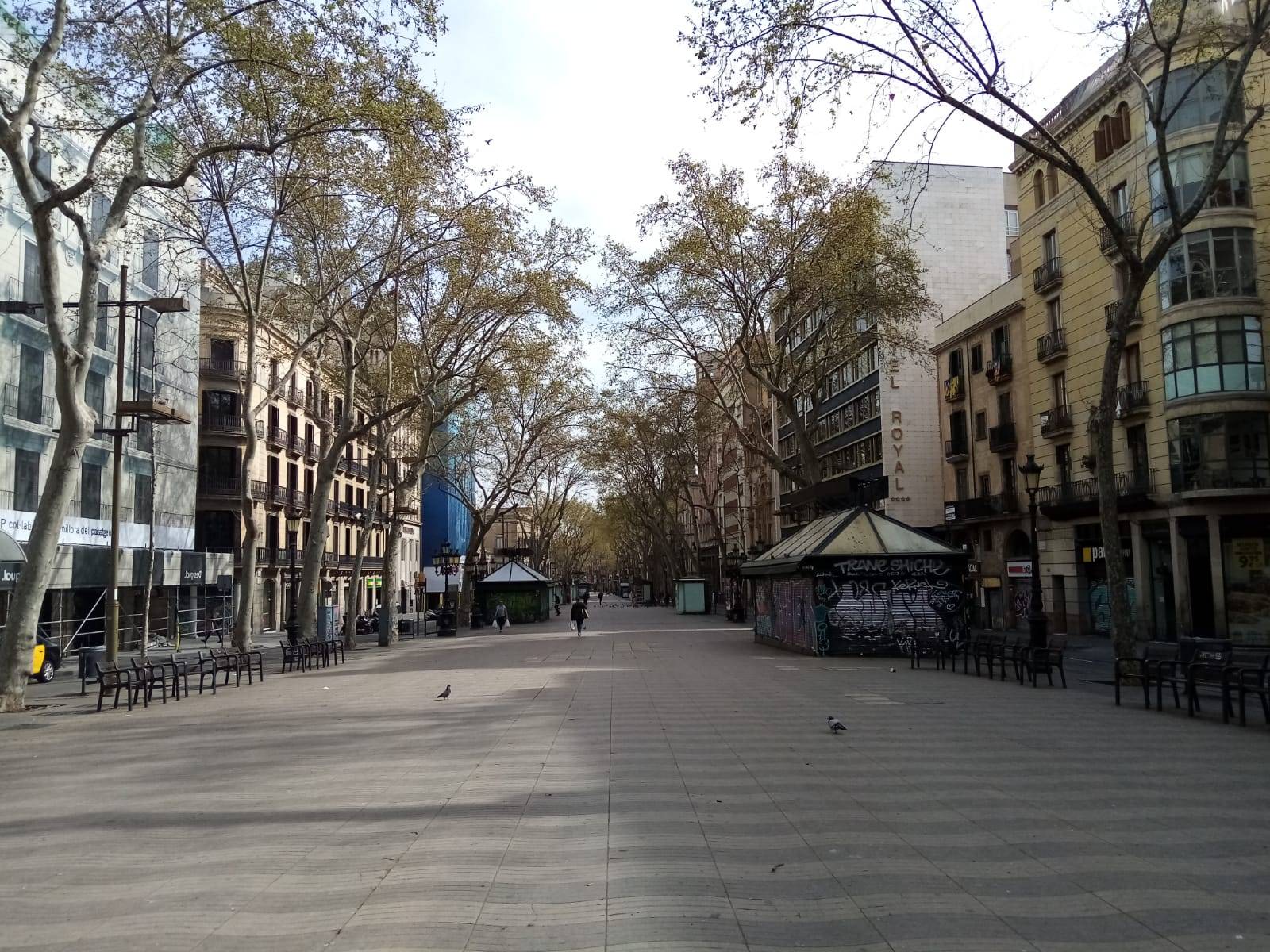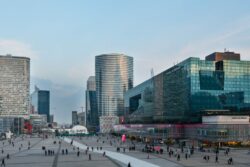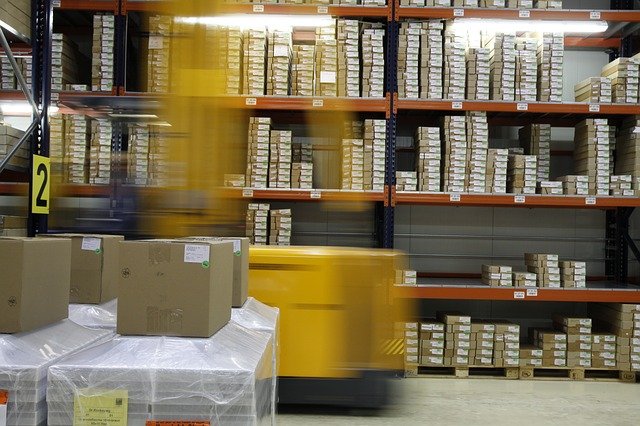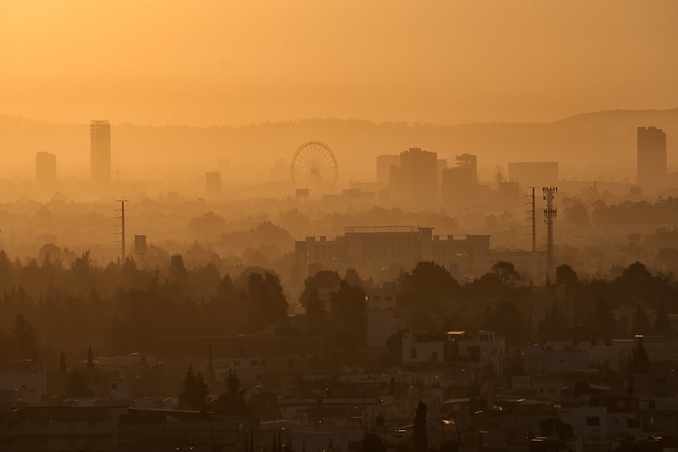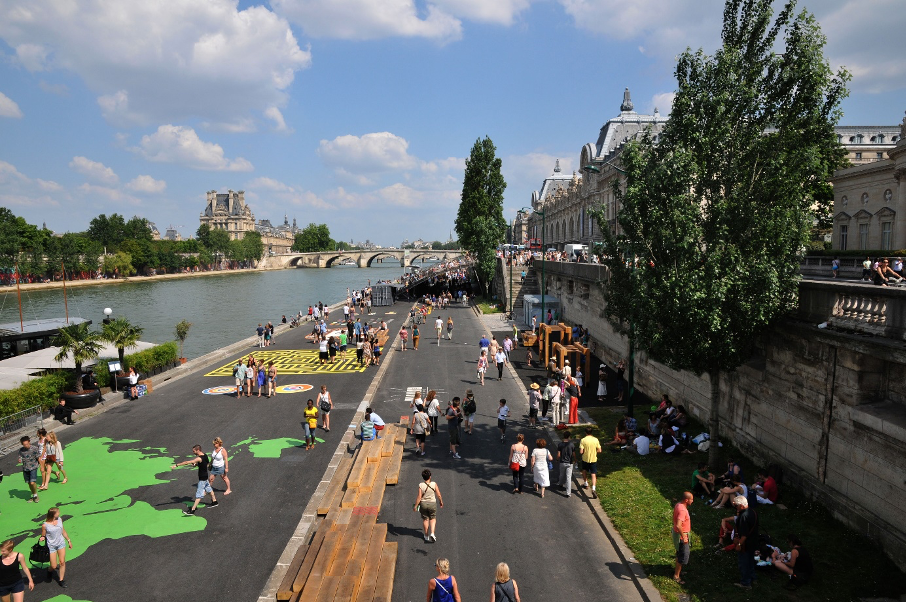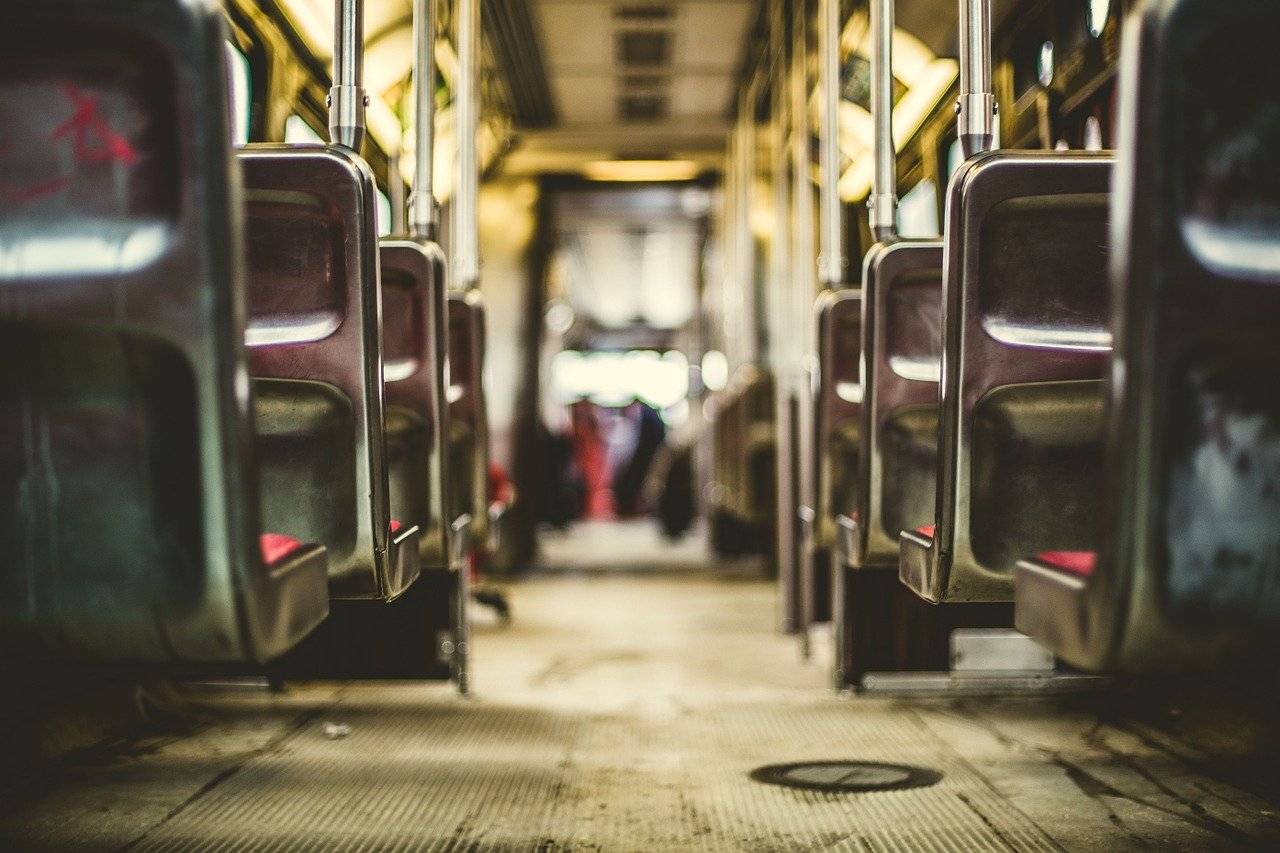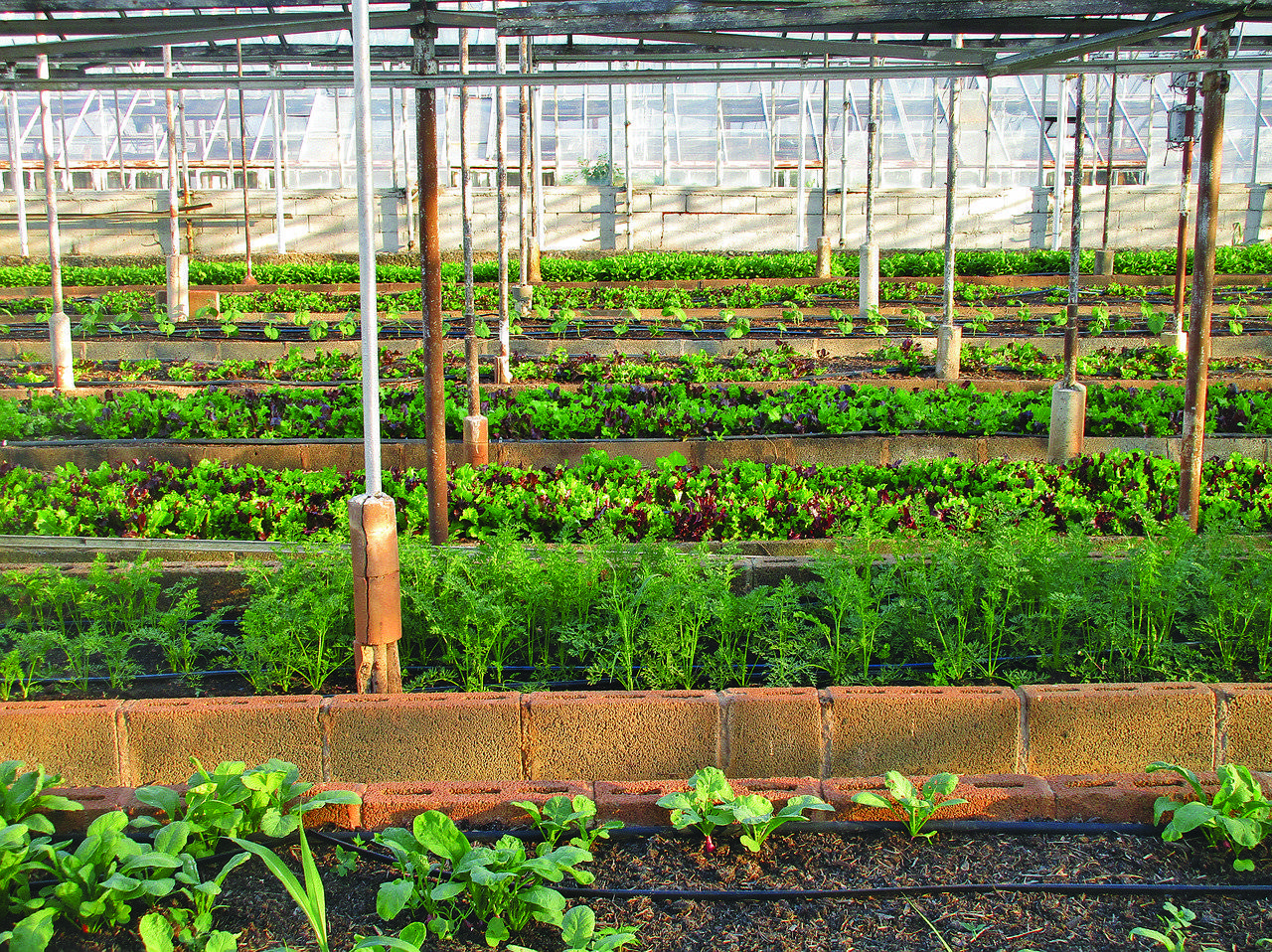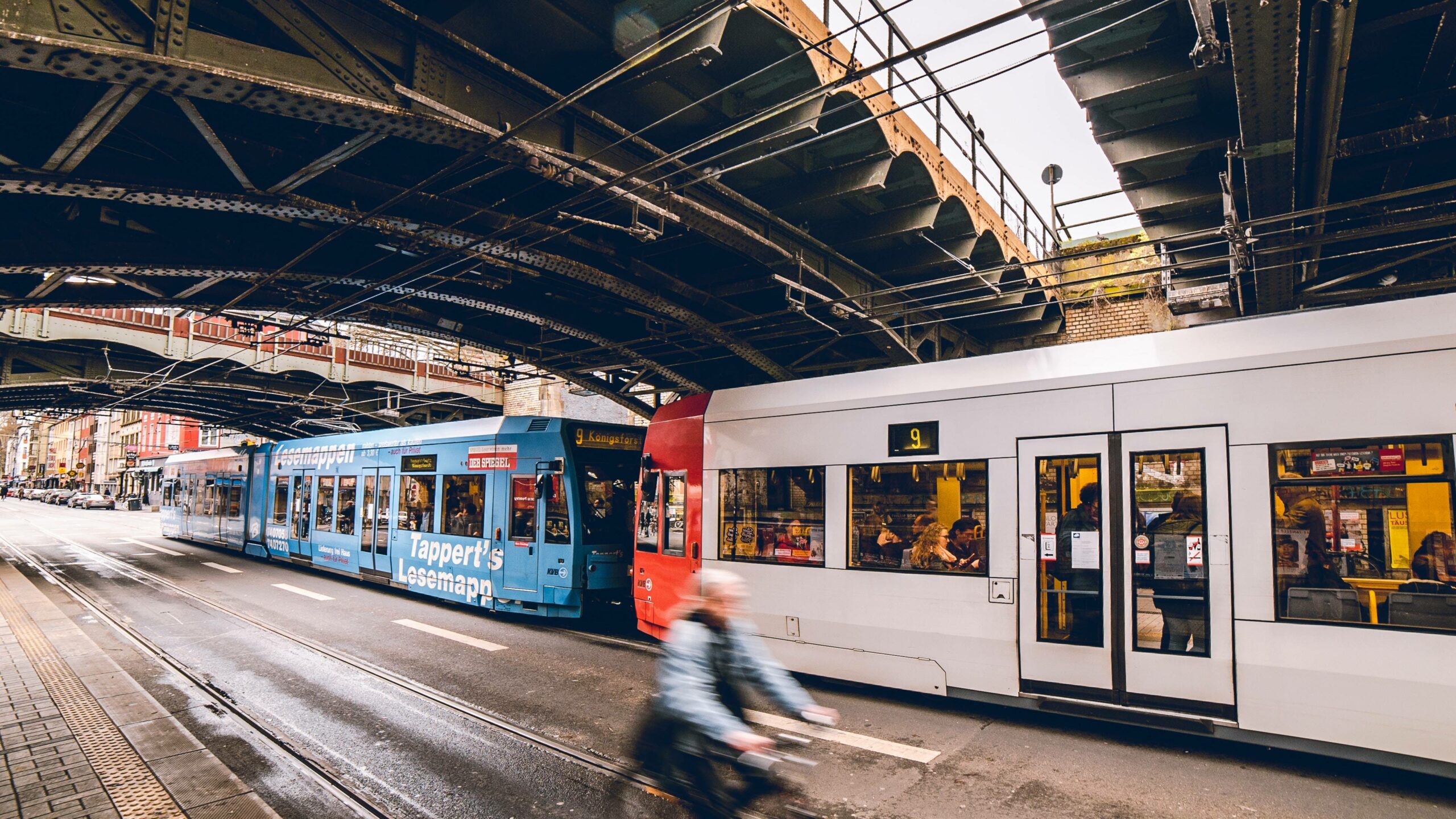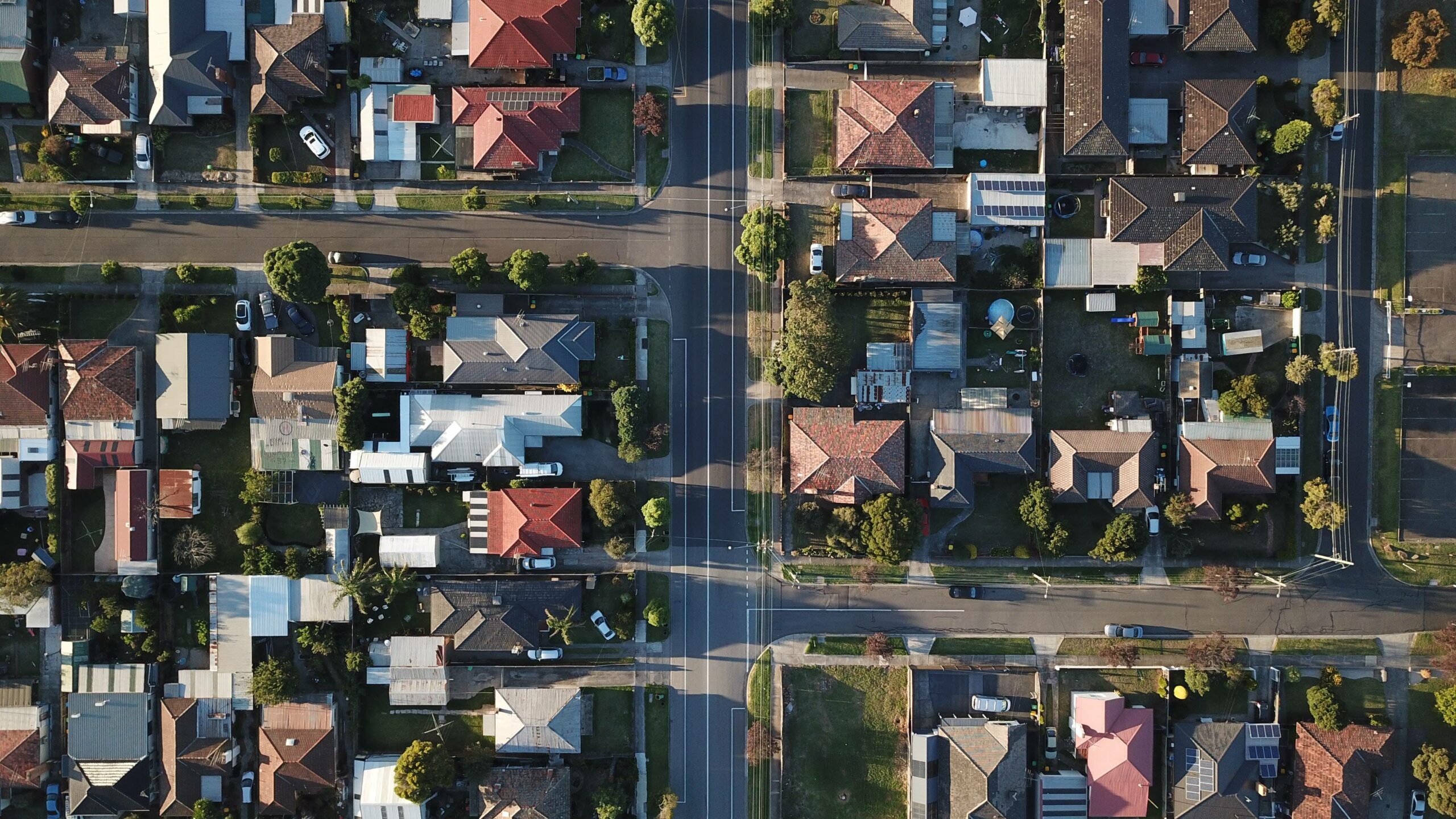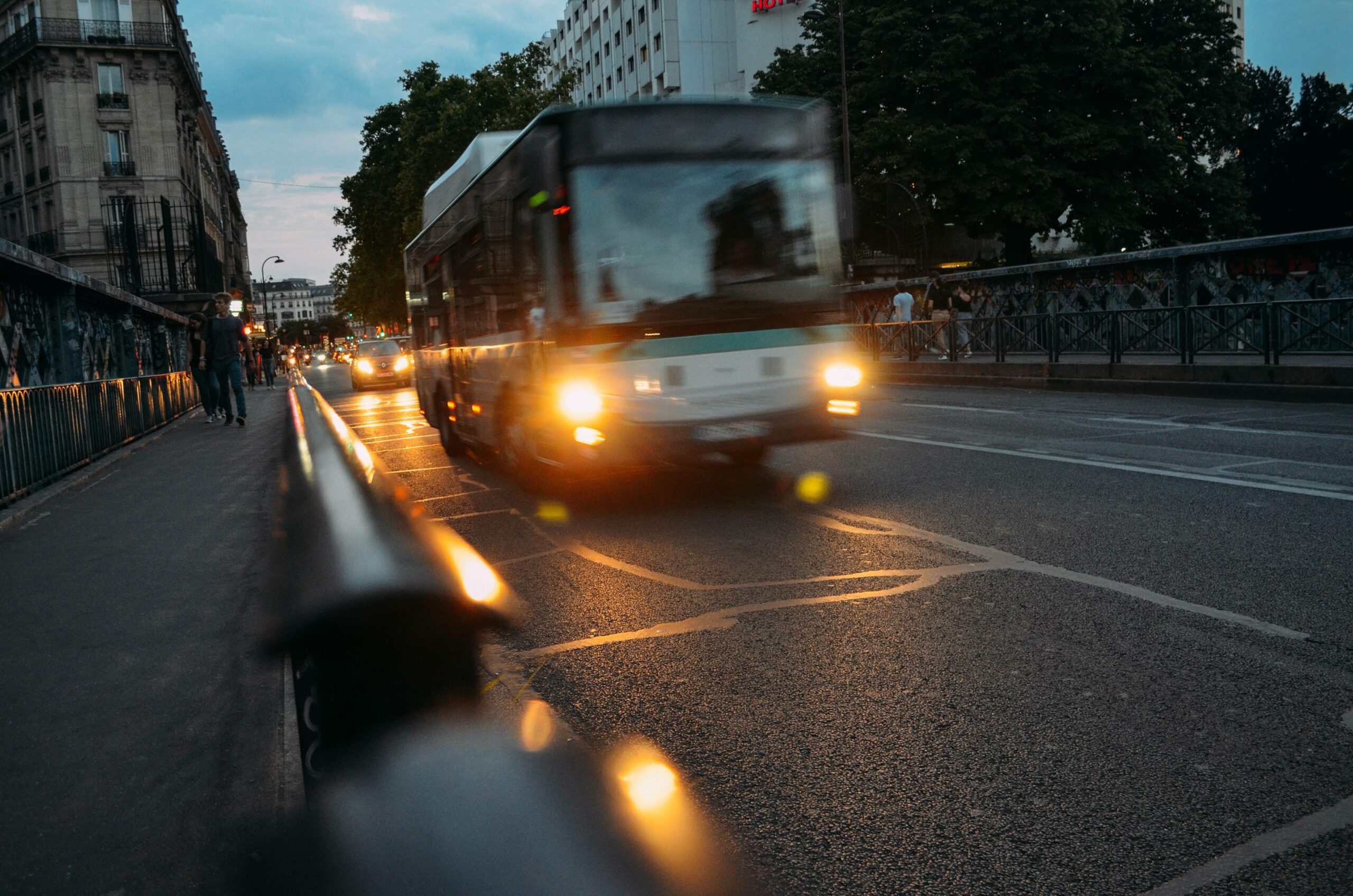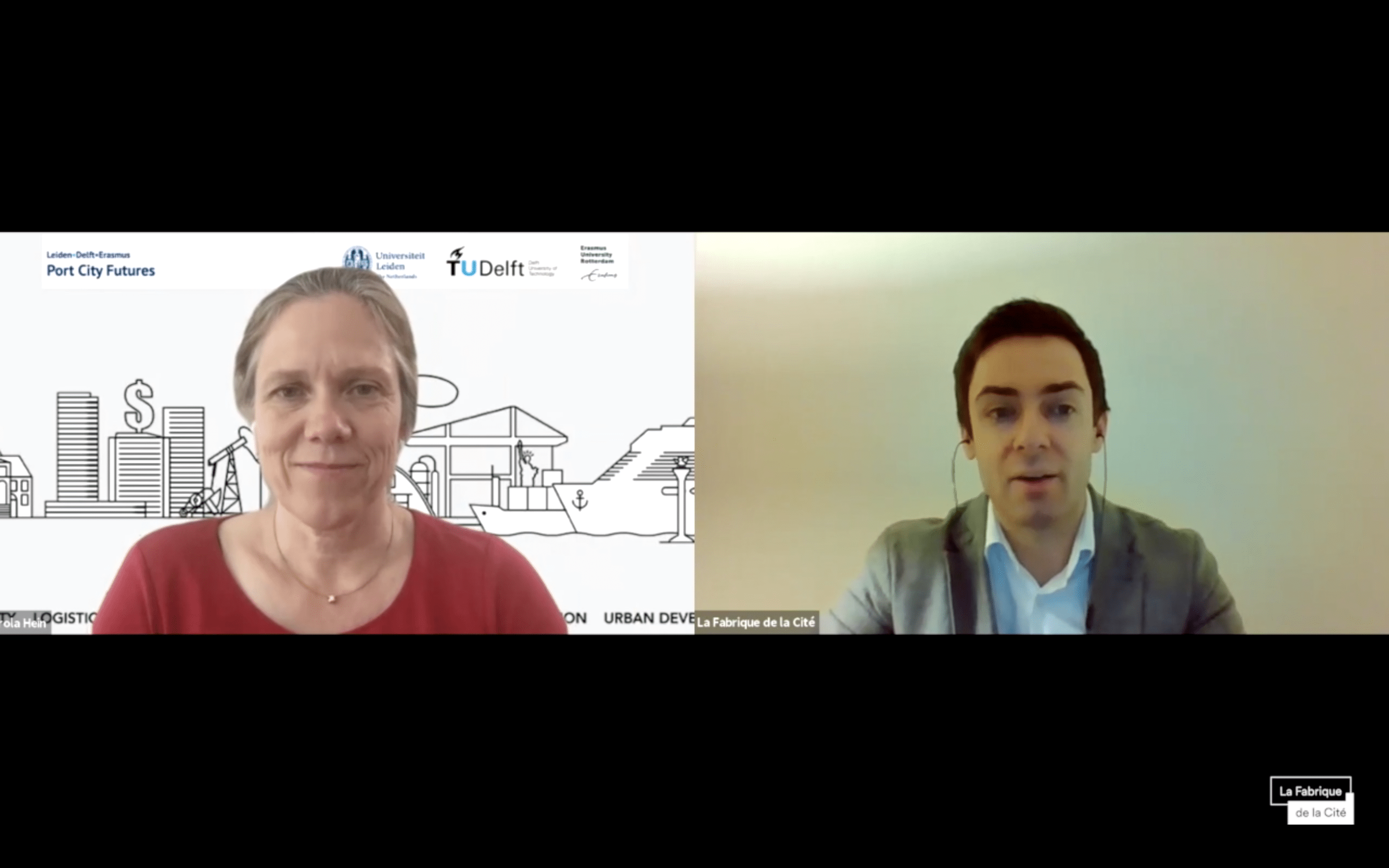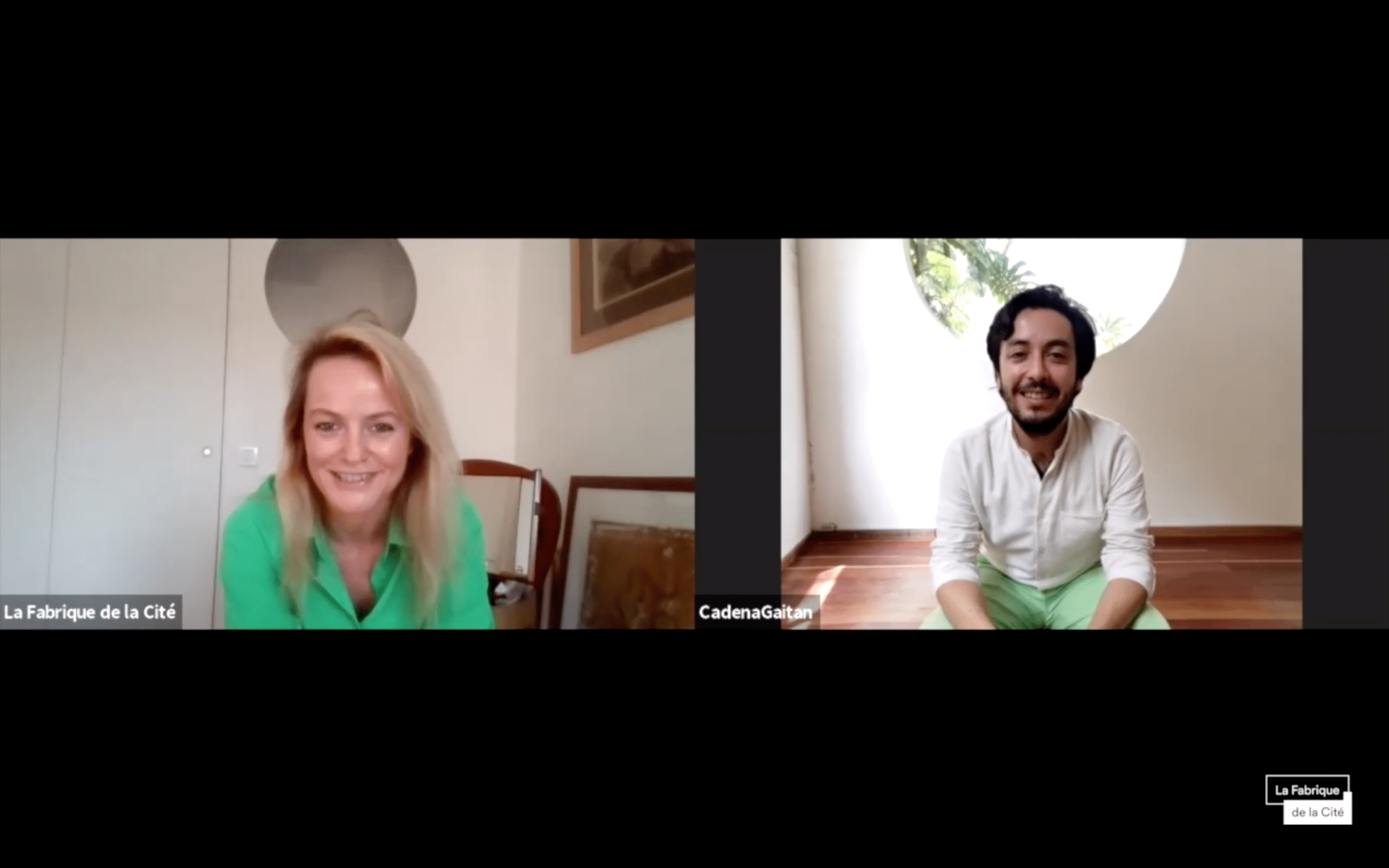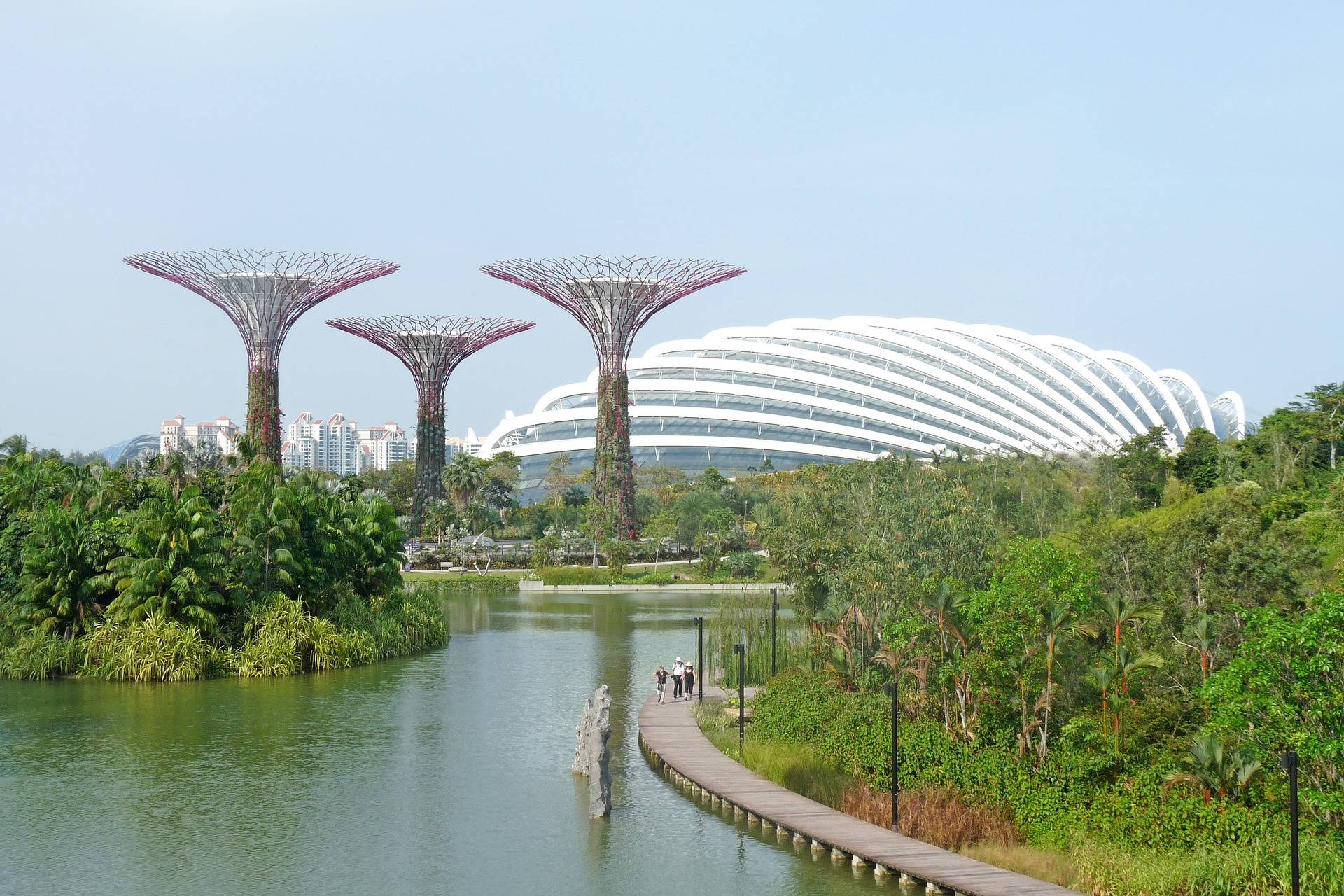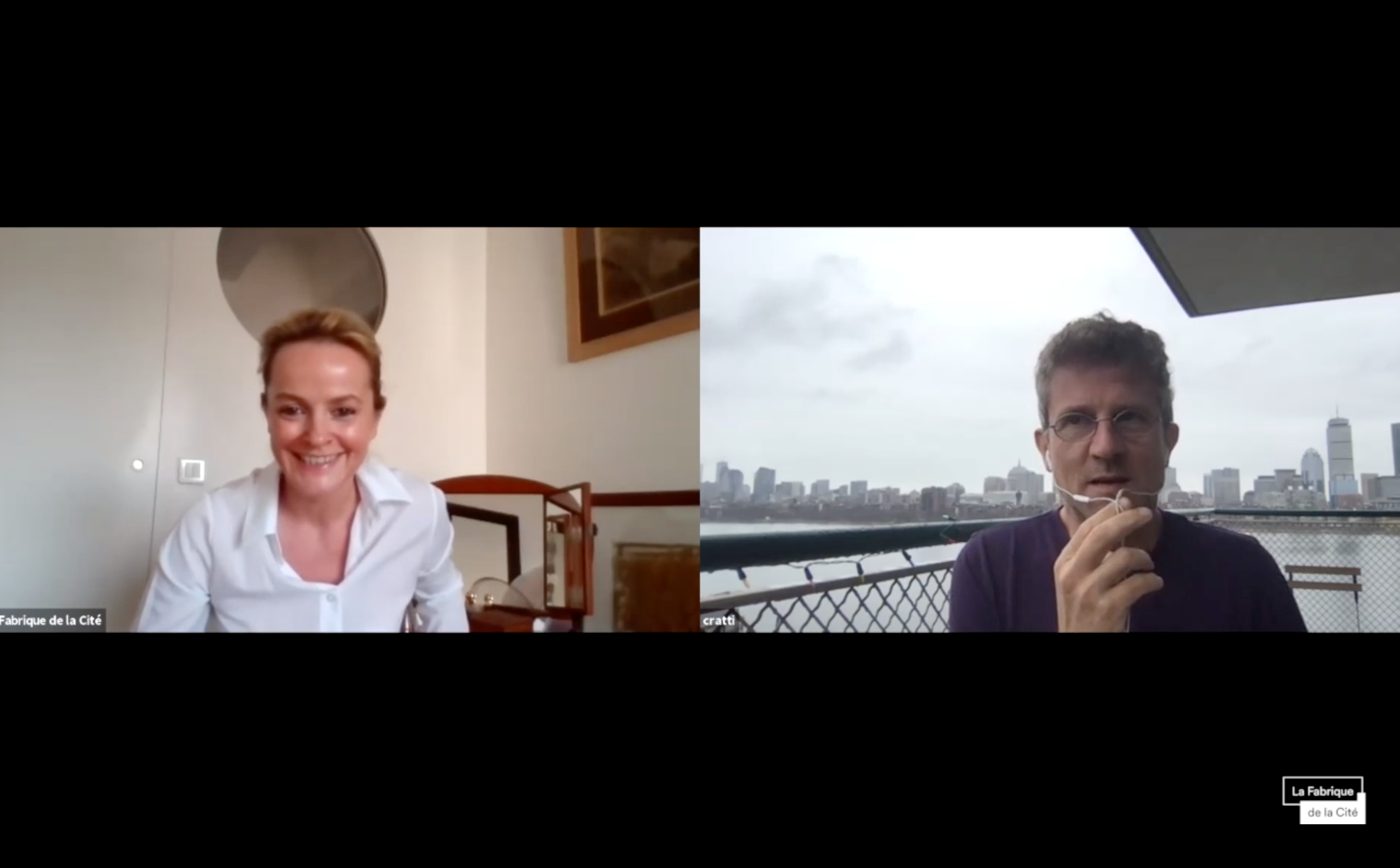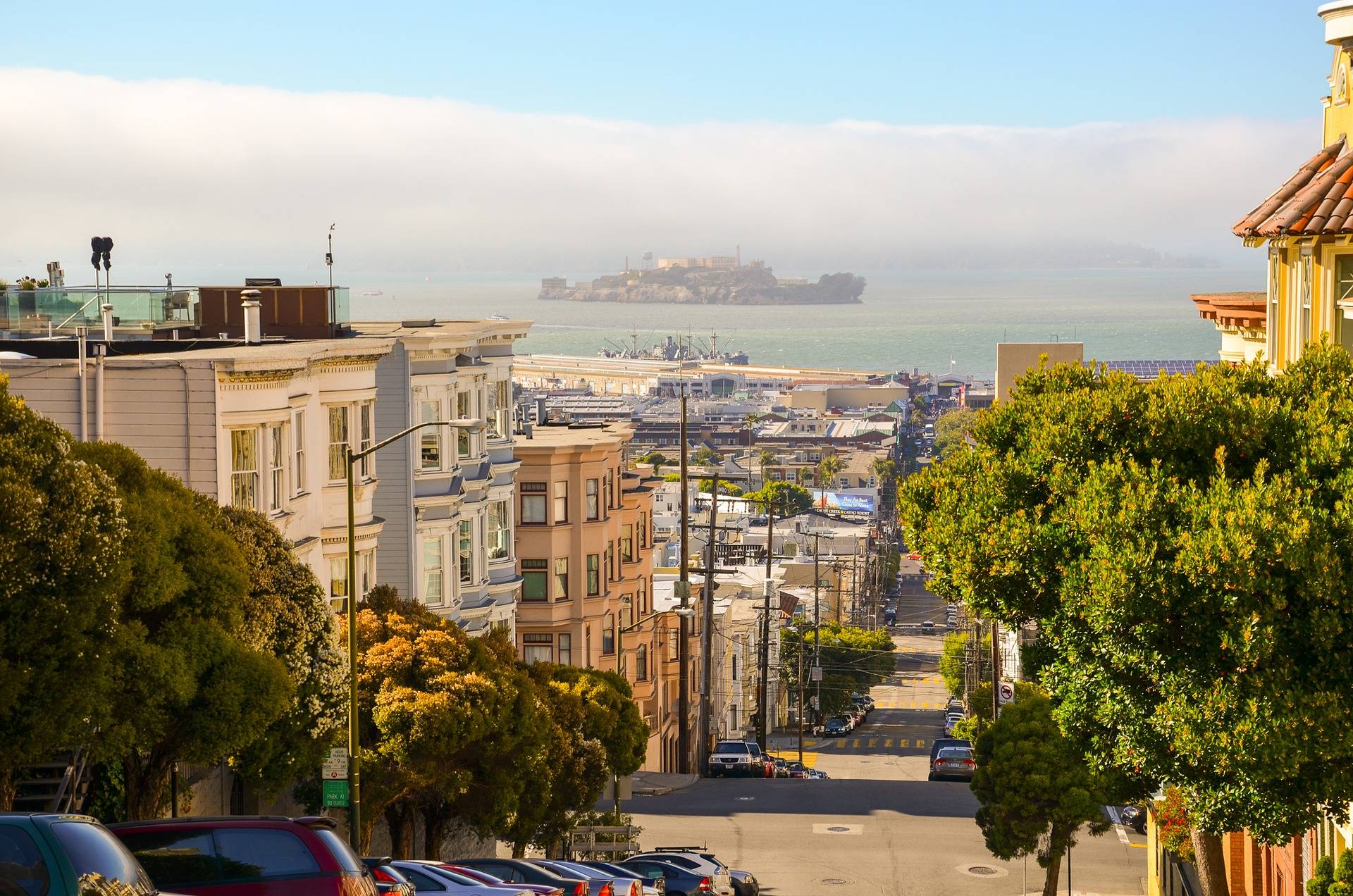

Covid-19: a new agent of Fordist urban policies?
The recent arrival of a certain segment of economic activity to city centers has sparked debates on the future of urban areas. Major suburban retailers like Ikea are opening stores in inner-city Paris, while Amazon is opening new stores on some of North America’s busiest avenues. Meanwhile, gentrification, small and medium-sized cities such as France’s Perpignan and Albi, is leading to a requalification of run-down and dilapidated buildings, while elsewhere in Europe, urban verticality is relocating from suburbs to city centers in the form of office buildings, like in Marseille and Lille, or luxury condominiums, as in Lyon and its Confluence program. Do these trends reflect real demographic growth for city-centers, and if so, for whose benefit?
If it continues, the return of the economy– of inhabitants, investments, commercial and tertiary activities – to the city would reflect a historic spatial reversal of urban development policies and strategies, marking the transition from a policy encouraging suburbanization to a policy of requalification of historical centralities. This movement would signal the end of the hegemony of a Fordist city model, based on industrialization and standardization of urban forms and facilities, a suburban home-ownership model, and individual motorized mobility, which has led to over half a century of uncontrolled urban sprawl.
The end of the Fordist city seemed to be underway, but then along came the Covid-19 crisis, and with it the difficult experience of lockdown in cities. This has led to the return of older, often hygienist and even anti-urban considerations about a possible end of urban centrality and the promotion of a return to “nature” or “the countryside”. In the long haul, will demographic flows and investments towards urban cores be negatively affected or even canceled out by the sanitary crisis? One thing is certain: Covid-19 pleads in favor of an urban sprawl that runs counter to urban concentration and the rebirth of historic centers, making the coronavirus the new Fordist agent of the city”.
Find this publication in the projects:
-
Return of the economy to the city-centerHow should we interpret the return of the economy to the city-center? What are the associated capitalistic models and urban dynamics?
-
Across cities in crisisLa Fabrique de la Cité wants to play its full role in building the foundation of ideas on which to sustain, build or rebuild urban systems in the era of the first pandemic of the 21st century.
These other publications may also be of interest to you:
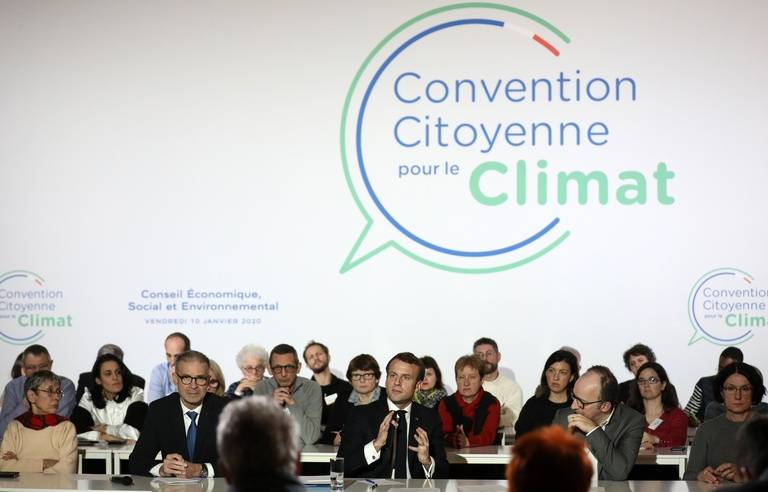
Is resilience useful?
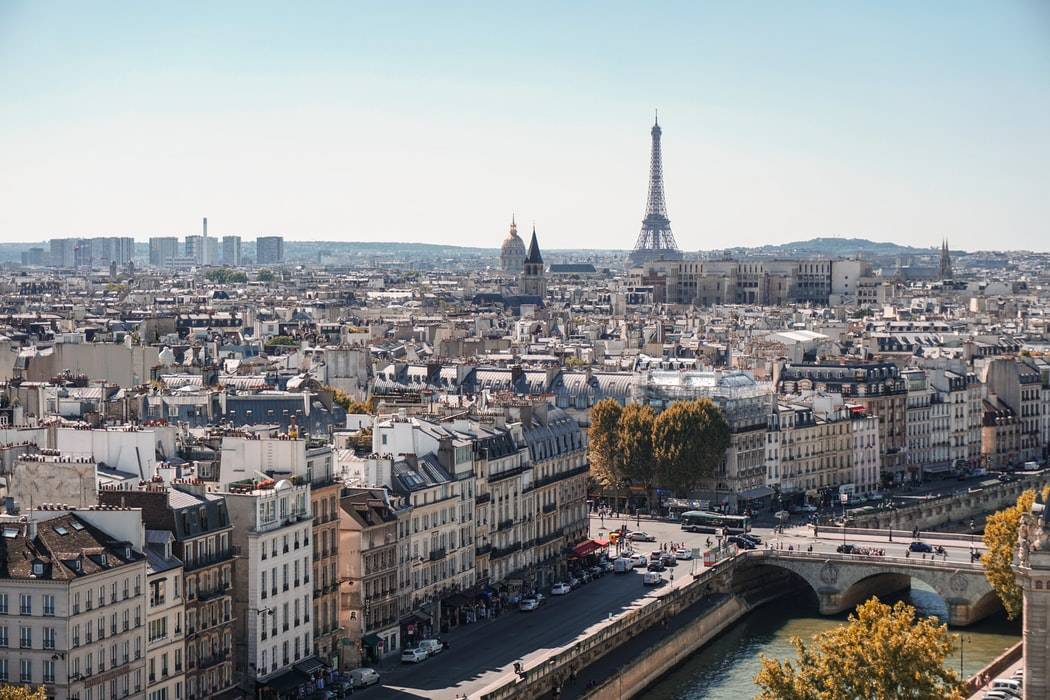
Long live urban density!
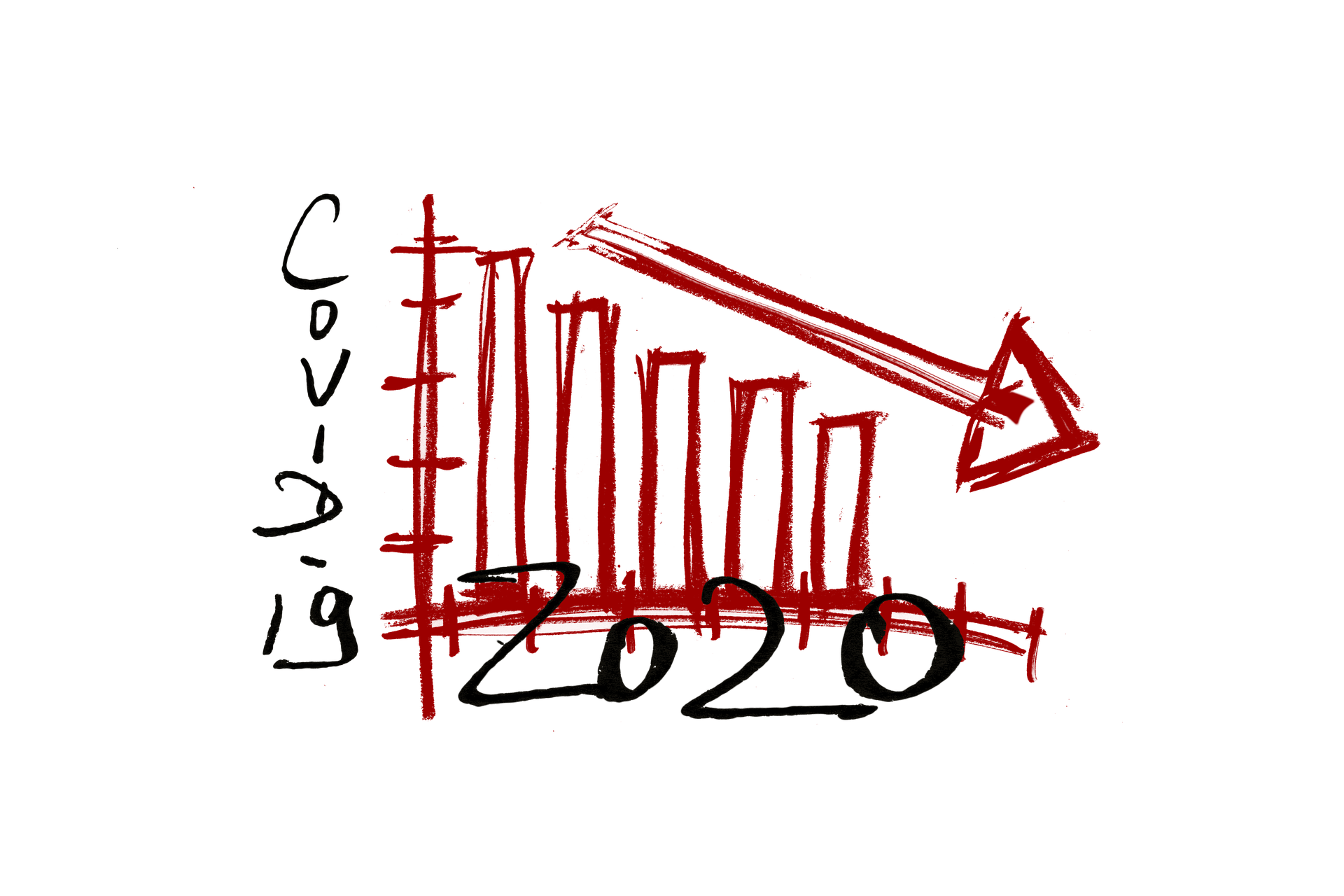
Behind the words: Recovery
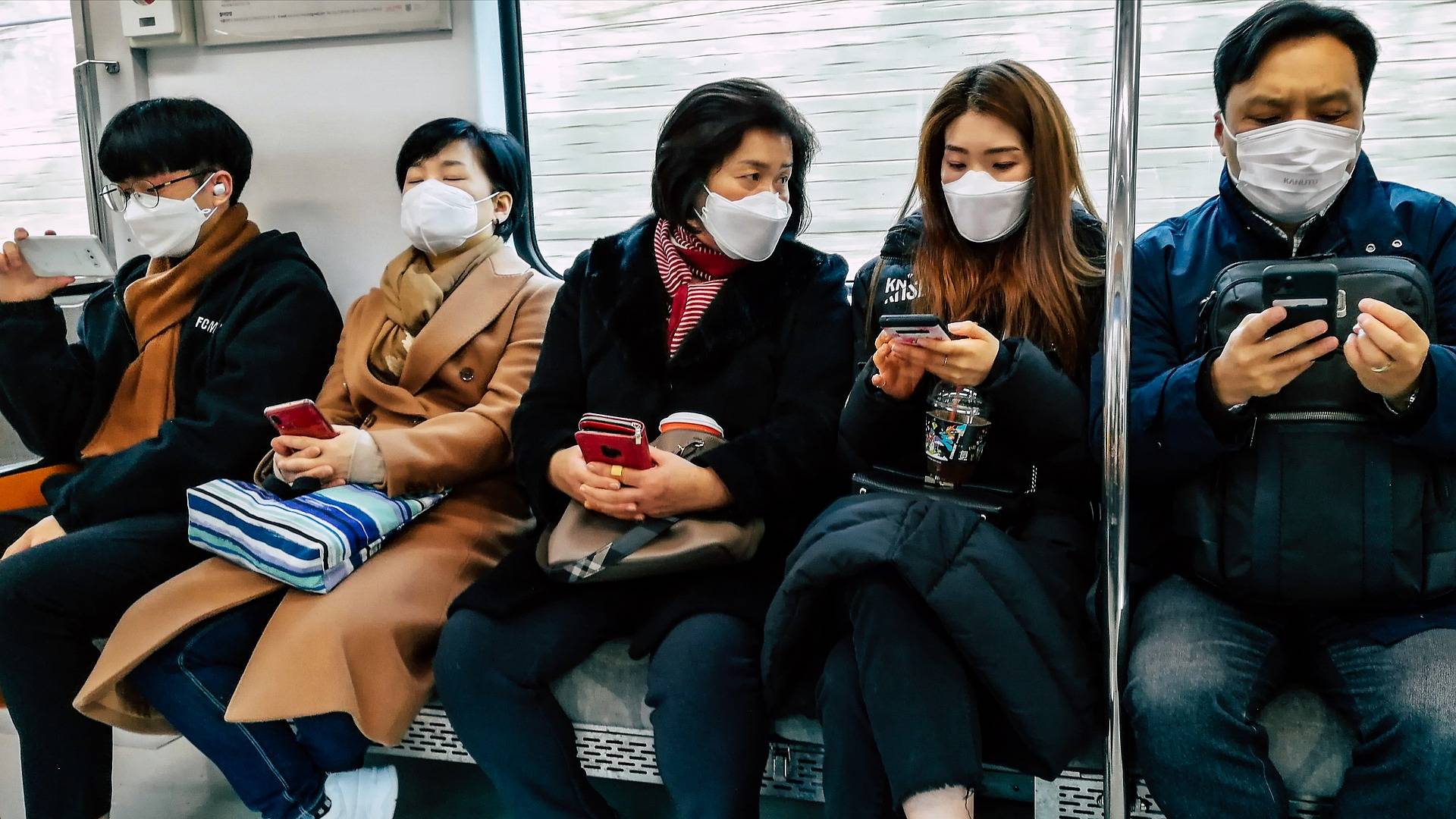
Sending out an SOS
The ideal culprit
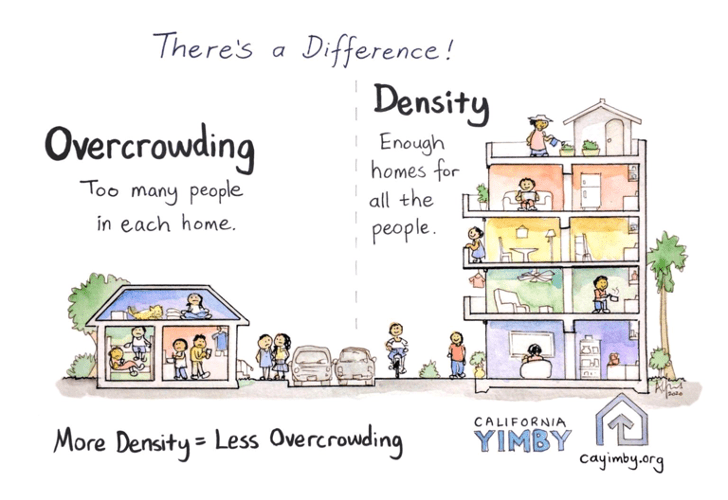
Behind the words: density

Behind the words: telecommuting
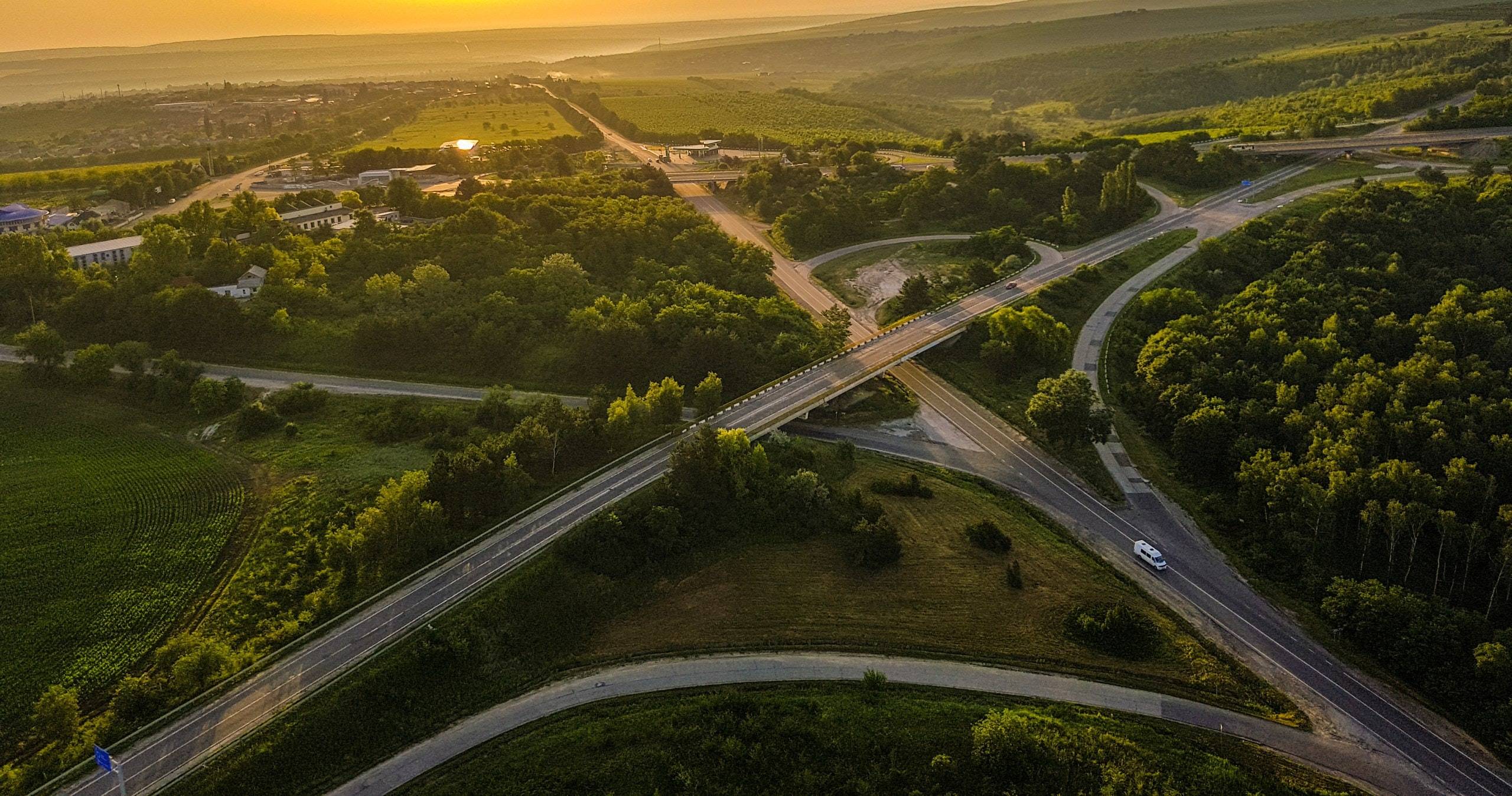
Behind the words: urban congestion

Behind the words: food security
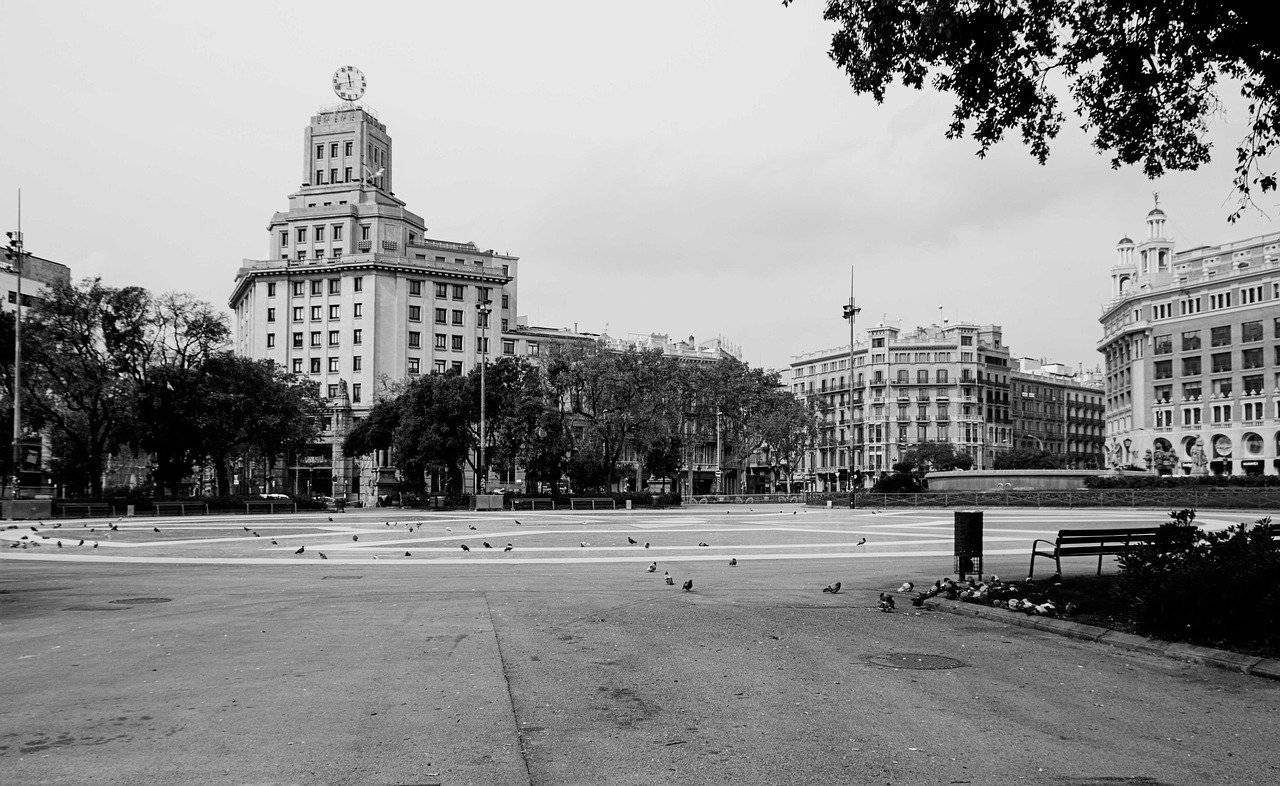
180° Turn
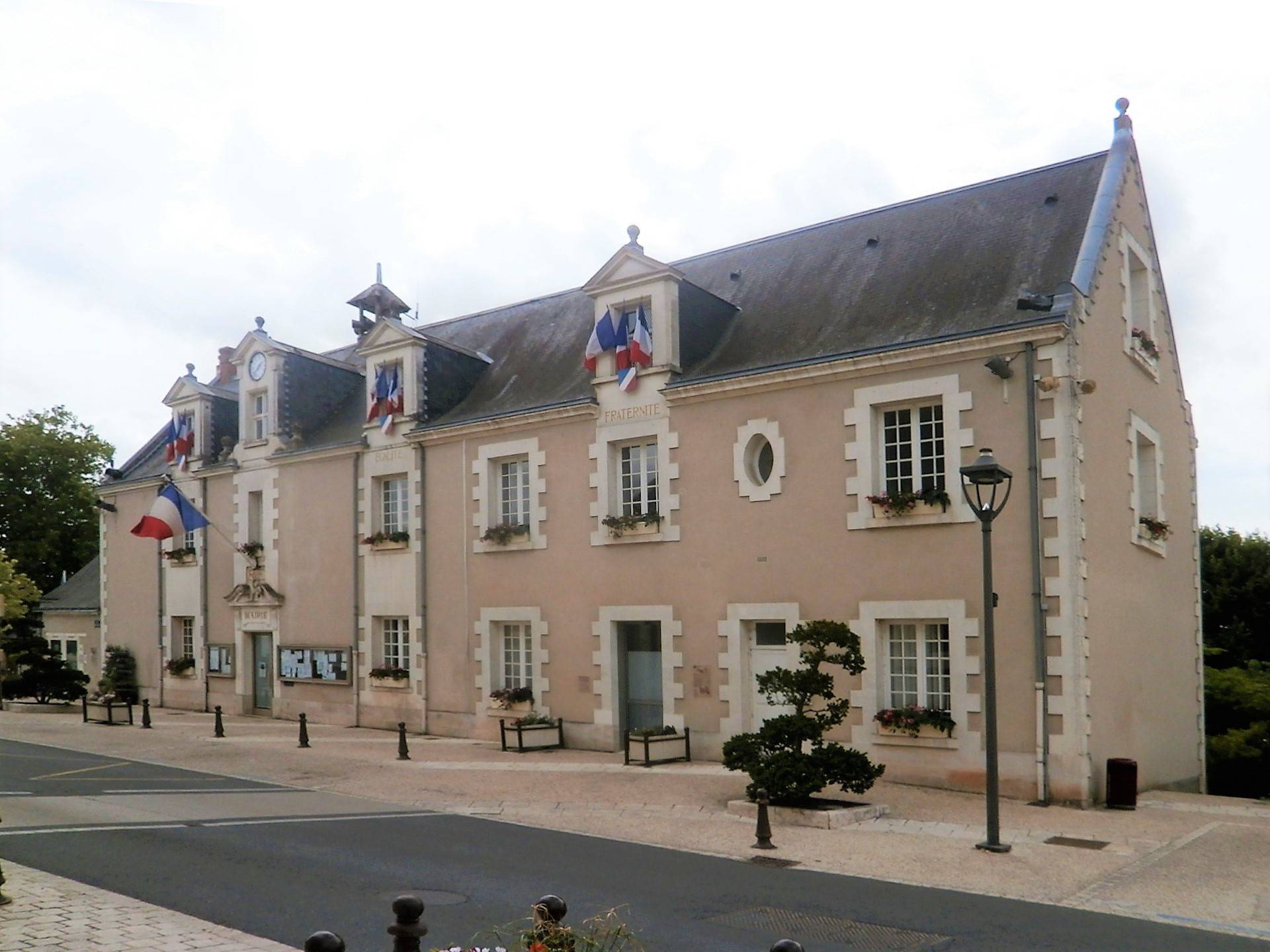
Cities in safe boot mode
Across cities in crisis
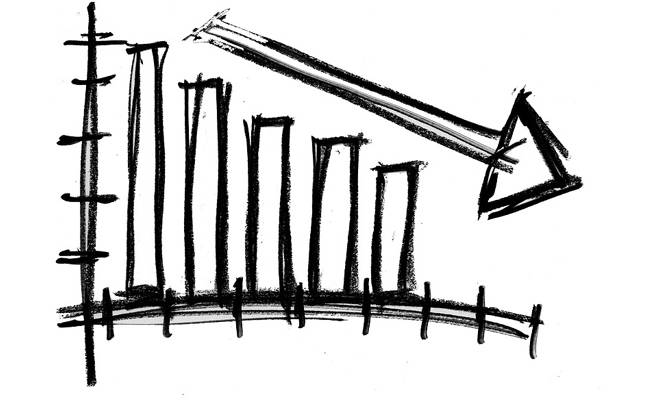
Behind the words: Degrowth
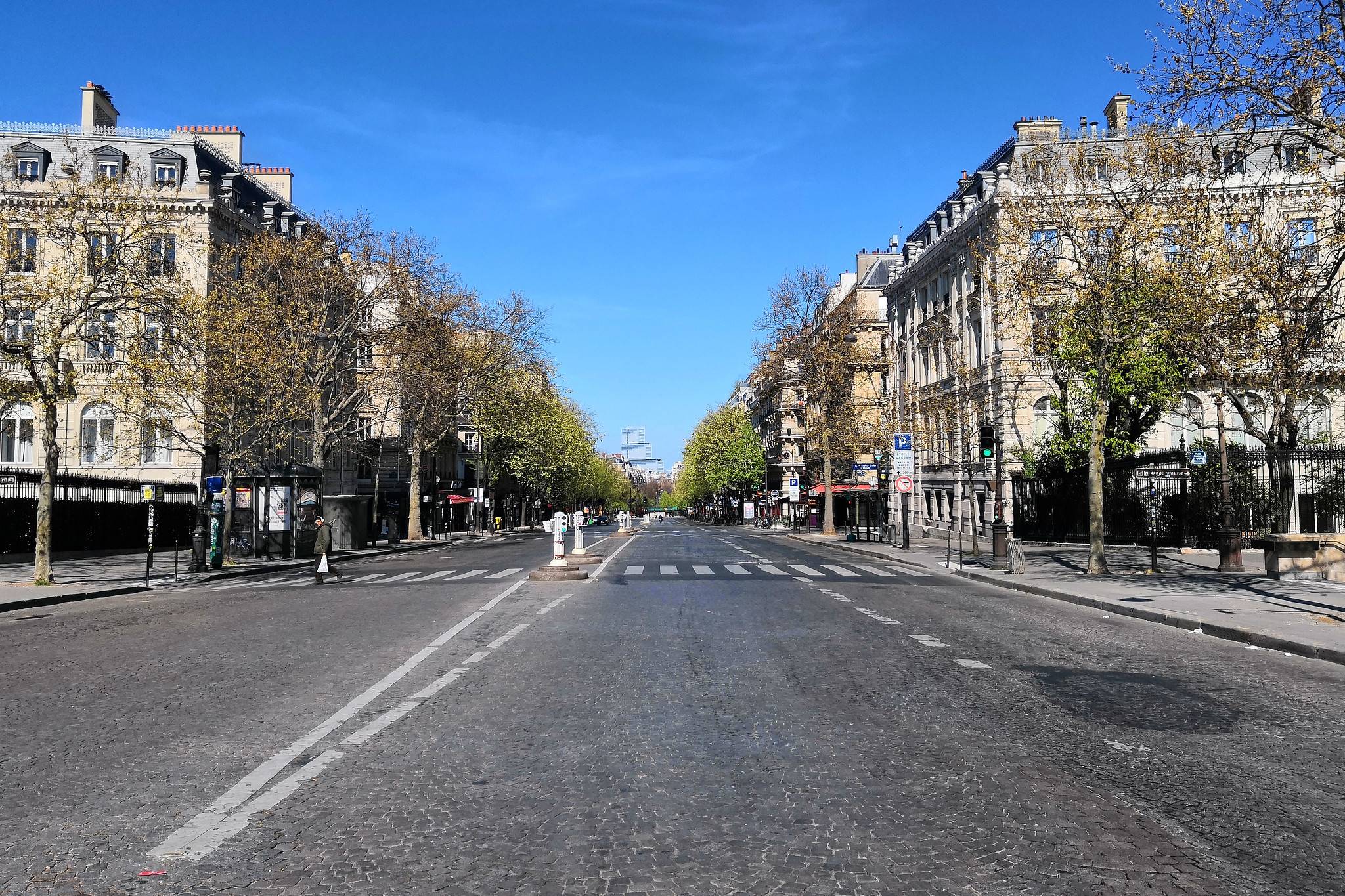
A street named desire

Feeding and fueling the city
La Fabrique de la Cité
La Fabrique de la Cité is a think tank dedicated to urban foresight, created by the VINCI group, its sponsor, in 2010. La Fabrique de la Cité acts as a forum where urban stakeholders, whether French or international, collaborate to bring forth new ways of building and rebuilding cities.
















